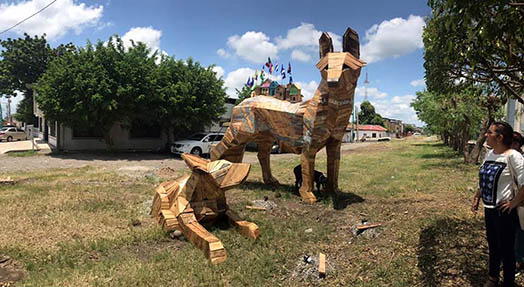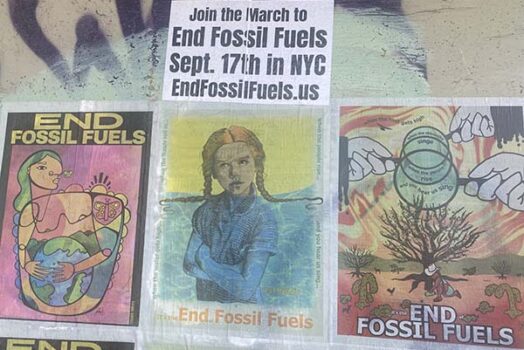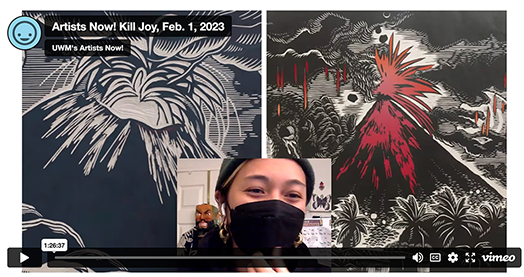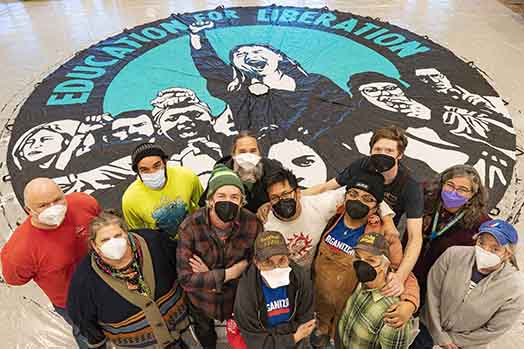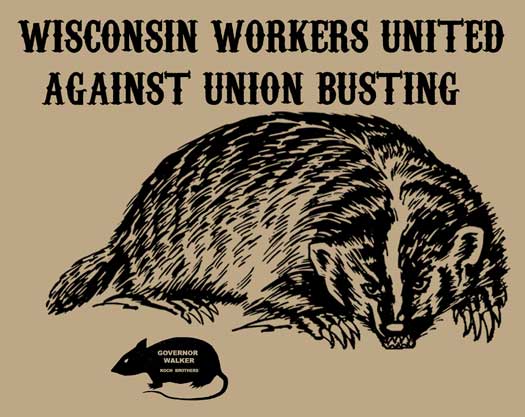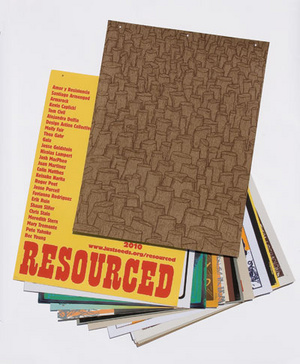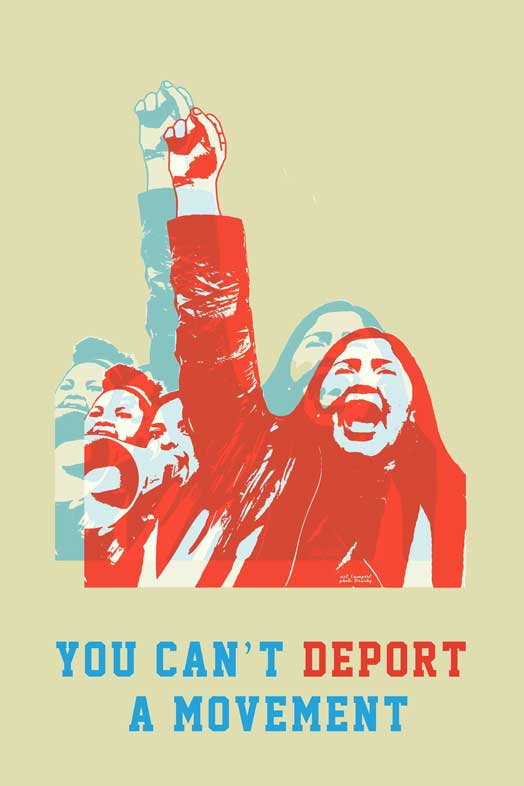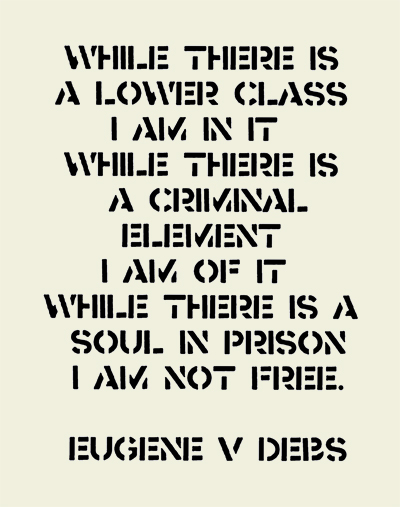
Art historian Susan Platt has recently helped organize the War is Trauma portfolio exhibition at the M. Rosetta Hunter Gallery at the Seattle Central Community College. She contextualized the project with the following text:
“A dramatic exhibition of original prints addressing some of the traumas that soldiers and veterans experience opened February 26 at the M. Rosetta Hunter Gallery, Seattle Central Community College. It continues until March 21.
A portfolio of thirty-two handmade prints produced by the Justseeds Collective in collaboration with Iraq Veterans Against the War includes many crucial issues affecting veterans, including sexual assault in the military, traumatic brain injury (TBI) and Post Traumatic Stress Disorder (PTSD).
The artists come from many parts of the United States, many of them are formerly active duty military. In some cases the veterans were artists themselves. In other cases, the veterans worked with an artist to present their story.
The art work ranges from a simple block printed text “Remember the Vet who can’t forget” by Michael Rakowitz in Chicago, to pure imagery such as “Battle Cross Over Iraq” with a repeated pattern of the rifle holding up a helmet, referring to a deceased soldier and the map of Iraq, in various vivid pastel shades.
Several of the works are personal stories such as Rodney Watson, an African American who refused to redeploy to Iraq, seeking refuge near Vancouver, Canada instead because of the racism he saw perpetrated in Iraq by soldiers and contractors. Travis Bishop was sentenced to twelve months in a stockade at (then) Fort Lewis. At the time he was imprisoned he was asking for Conscientious Objector Status because he states it was “unethical of him to deploy in support of a war that he is morally and legally opposed to.”
Another personal statement is by Jen Hogg on being unable to admit to being gay in the military, “I did not have the freedom to hug my girlfriend goodbye… What freedom could we offer the world if we treat it so restrictively based on who a person falls in love with?” Several of the works address PTSD with strong imagery and texts combined. One of the most affecting, written on the shadow of a soldier says “How is this a disorder? What part of being emotionally and spiritually affected by gross violence is disorder? How about going to war and coming home with a clear conscience disorder” I think that would be far more appropriate.” Another by Josh MacPhee, founder of Justseeds Collective called Stars and Stripes, suggests profound disorientation through the distortions of the imagery. As we look at it we feel unsteady, unable to see clearly.
Sexual assault is another topic addressed by a work about the story of Suzanne Swift who refused to redeploy to Iraq because 3 men in her command, and with whom she would have been returning to Iraq, assaulted her. The documentary film The Invisible War also addresses this subject, the assault by a military superior to whom normally the assault would be reported. That is why another print declares “Less than 15 percent of survivors report sexual assault in the military. That’s why it took me 5 years to admit I had been raped. Maggie Martin.” Also sexism in general is the subject of another print “ “I’m a sharpshooter… I realized that even if I became the commander of the Marine Corps, I’d still be just a girl.” And finally, the impact of having a child, “then I was a slut and a whore and completely worthless.”
A single print addresses another problem that is rarely mentioned, the slaughter of animals in war. The print states, “The war in Afghanistan has decimated populations of some of the rarest creatures in the world.” I would very much like to have an entire portfolio and a campaign that exposed the reality of animal slaughter in war.
Finally some of the prints address programs of resistance to the problems. The Winter Soldiers campaign of 2008 featured 200 veterans who exposed ongoing war crimes in Iraq. A similar event occurred during the Vietnam War. Their testimony has been published as Winter Soldier Iraq and Afghanistan, Eyewitness Accounts of the Occupations, Iraq Veterans Against the War and Aaron Glantz (Haymarket Books, 2008). The coffeehouse movement also began during the Vietnam war to provide resources and community as well as a center of organizing for war resistance. Today, the veteran coffeehouses again offer counseling, legal referrals and a safe space to relax. The Feb 27 opening reception featured speakers from GI Voice/Coffee Strong, a veteran=run resource center for service members and veterans near Joint Base Lewis-McChord.
While I quoted many texts here, the strength of the exhibition is the striking range of stories combined with styles ranging from expressionist to minimalism. But most important is the collective presence of the prints as a whole, which this exhibition will give us a rare opportunity to experience. As we look at one print after another, we can begin to understand some of the intense traumas that these soldiers have experienced. They have bravely chosen to make a stand against war and the military as their response. One of the most moving pieces includes a poem that begins “You are not my enemy, my brother, my sister, but I have done something wrong and perhaps I am now yours. I went to your home, I went inside, soiled your rug, and bullied your children.” And of course those children too are traumatized as testified to by an 11 year old participant in the Winter Soldiers accounts.
Soldiers join the military for many reasons, financial, education, patriotism, belief in the idea that they are protecting us. Just as during the Vietnam War, many soldiers leave disillusioned and traumatized. As we read their stories, we can acknowledge the courage of these soldiers who have been willing to stand up and tell the dark truths about war, one of which is its enormous physical and psychological toll. The reluctance of the military to acknowledge that means underfunded resources and misdiagnosis, as revealed recently at Joint Base Lewis McChord.
________________
War is Trauma
February 26 – March 21 2013
9:30 AM to 3:30 PM, Monday through Friday
M. Rosetta Hunter Gallery, Seattle Central Community College
Gallery hours: 9:30 AM to 3:30 PM, Monday through Friday, additional evening hours on Tuesdays and Wednesdays 5 to 7 PM.
Admission is free. The gallery is located at the north end of the Atrium in Seattle Central Community College’s main building.
The WAR IS TRAUMA website documents the portfolio online if you want to view it or buy it to support the important work that these veterans are doing.
